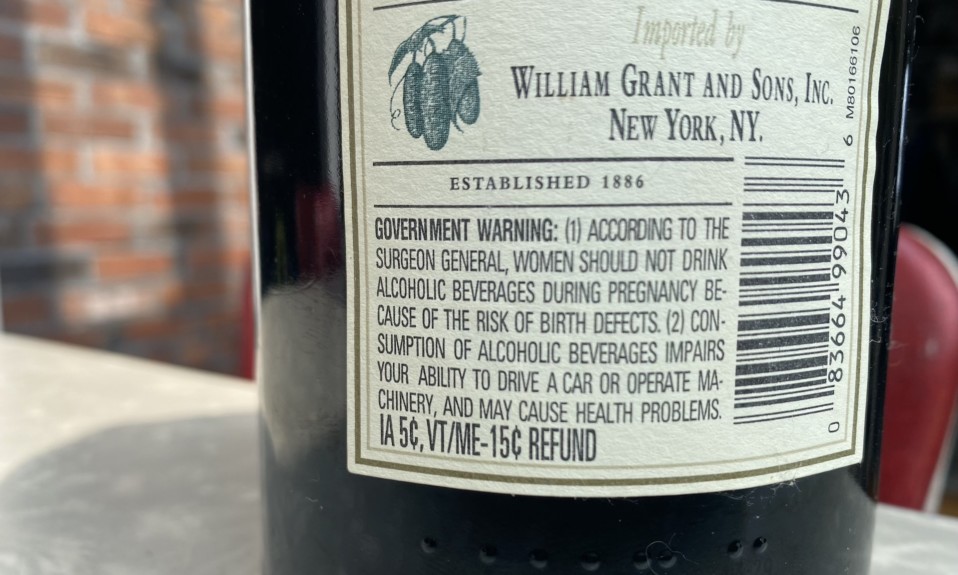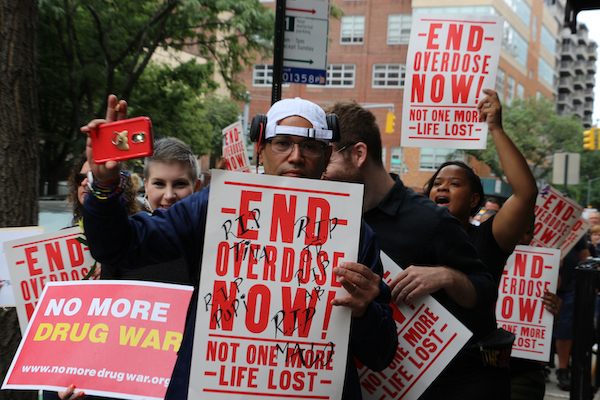The Feds cite discrimination against people with opioid use disorder as the basis for their lawsuit
By Jason Langendorf
The U.S. Department of Justice (DOJ) has filed suit against the Unified Judicial System of Pennsylvania (UJS), claiming that it violated the Americans with Disabilities Act (ADA) by limiting the use of legally prescribed medication for opioid use disorder (OUD) for people under court supervision.
The suit was filed last week after the DOJ had previously notified Pennsylvania’s judiciary that it had engaged in discrimination against people with OUD. A department investigation corroborated allegations that county courts had ordered probationers to stop using their prescribed medication-assisted treatment (MAT) and, in a separate case, required an individual to cease her MAT as a condition of graduating from drug court. Additionally, the DOJ found evidence that other courts in the state have similarly discriminatory policies on the books.
“Court-involved individuals with opioid use disorder deserve access to medications needed to support their recovery and to break the cycles of addiction.”
—Kristen Clarke, U.S. Department of Justice
“This lawsuit aims to safeguard the rights of people with opioid use disorder who are too often subject to discrimination rooted in stereotypes and myths rather than in science,” Kristen Clarke, assistant attorney general of the DOJ’s Civil Rights Division, said in a statement. “Court-involved individuals with opioid use disorder deserve access to medications needed to support their recovery and to break the cycles of addiction. We hope that this lawsuit against the Unified Judicial System of Pennsylvania sends a strong message about the need for courts to protect the rights of individuals with opioid use disorder.”
With the federal government bringing legal proceedings to the doorstep of a state judiciary, it seems likely that this case will set a significant precedent for other instances of restrictive policies regarding opioid medications.
A “Long Overdue” Opioid Medications Lawsuit
Ryan Marino, MD, a medical toxicologist and addiction specialist and an assistant professor at Case Western Reserve University’s School of Medicine, calls the DOJ’s suit “long overdue” and notes that the UJS cases are hardly isolated occurrences.
“I have to imagine that people would be much more upset if they found out lifesaving and life-sustaining medications were being withheld for any other condition,” Marino says. “But because of stigma around substance use treatment, this has persisted and seems to be an accepted practice.”

Not only are evidence-based medications such as methadone and buprenorphine considered the gold standard for treatment of OUD, but they also are especially critical for people who are incarcerated and those recently released from prison. According to data from the Bureau of Justice Statistics, the number of people from 2001 to 2018 who died due to drugs or alcohol in state prisons rose 611%. The increase was more than 200% in county jails. Among people who are recently released from prison, drug overdose is the leading cause of death—12.7 times higher than the general population within the first two weeks after release.
“The best tools we have to reduce recurrence of use [or relapse], overdose and death are methadone and buprenorphine,” says Marino. “And to deny them based on carceral status alone is unacceptable.”
Marino, who says some of his own patients have been cut off from MAT while in jail or prison, calls it “infuriating” that the justice system would make medical decisions—especially in light of the complexities involved with OUD, incarceration and appropriate therapies.
“To watch someone make progress working on a chronic condition,” he says, “and then have their jail think they know better than their addiction physician is something.”
Photo: Shutterstock














